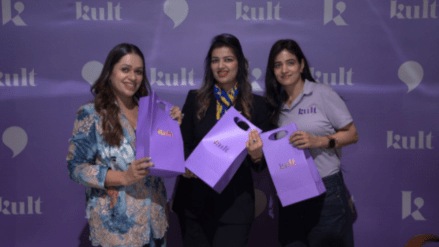Kult, a beauty and skincare e-commerce platform, has completed its first round of funding as it looks to expand in India’s growing beauty-tech sector. The company plans to invest in technology development, onboarding global brands, and expanding its editorial content offerings.
Founded with an emphasis on product curation and personalisation, Kult differentiates itself by limiting the range of products on its platform. It claims each item is selected based on input from dermatologists and cosmetic chemists, with a focus on quality and relevance rather than volume.
Algorithm-Driven Recommendations
A key feature of Kult’s platform is its proprietary “skincare match score,” developed in collaboration with dermatologists and based on the Baumann skin typing system, adapted for Indian skin profiles. The algorithm is intended to recommend products aligned with individual skin characteristics, offering users a more targeted shopping experience.
The company argues this addresses a gap in the market, where consumers often face confusion due to a large number of similar-sounding products and conflicting claims.
Designed for mobile users, Kult’s app features a scroll-based interface with an emphasis on imagery and visual discovery. The platform displays product visuals on Indian skin tones, a response to the industry-wide reliance on Western-centric imagery. This approach, according to the company, aims to help users make more informed decisions by offering greater context.
Market Context
India’s beauty and personal care market is expected to exceed \$28 billion by 2025, according to estimates from RedSeer. With growing digital penetration and increased interest in skincare among younger consumers, platforms offering customised recommendations and minimalist interfaces are seeing increased traction.
Kult joins a number of emerging startups seeking to differentiate themselves through user-centric design, AI-based personalisation, and content-led commerce. How this model competes against larger players with broader inventories and influencer-driven strategies remains to be seen.
